LAFAYETTE, Colo. – The 2015-16 season ended without a trip to the D1A Rugby Playoffs for the Colorado State University rugby team. Couple the below par season a year ago with the graduation of All-Conference performers Lance Eberhard, Evan Geist and Carmine Hernandez, as well as Olympian Ben Pinkelman,and the expectations outside of the Rams locker weren’t high coming into this year’s campaign.
The reality of the situation was that Colorado State hadn’t been performing below its expectations because of the level of talent on the field, but because the team’s commitment to a healthy culture and hard work went astray. Then, in June, the team received some very difficult news. Long time Rams coach Rod Hartley informed the majority of his team that he was battling Amyotrophic Lateral Sclerosis (ALS), or a disease more commonly referred to as Lou Gehrig’s disease.
“A lot of us were shocked and immediately pained by the information, but there were some guys that didn’t know what ALS was,” said Colorado State winger Corey Parker. “We all understood the gravity of the situation, though, and have made it clear to Rod that we would do whatever we could to help.”
One way the players knew they could lift the spirits of their coach that had volunteered so much time to the program was to improve their performance on the pitch. So, a large contingent of Rams made a commitment to do everything they could over the summer to better themselves ahead of the West Conference’s fall season.
“A strong core group of the team really focused and worked on both our strength and conditioning, as well as our basics,” explained Parker.
And who was there to encourage the student-athletes and monitor their progress? Coach Hartley.
“The strength portion was really on the individuals, but Rod worked with all of us on the conditioning and mental toughness,” Parker added. “I wouldn’t say we were inspired because of his diagnosis, but we became more driven and focused to put all our effort into it every day.”
The hard work put in during the dog days of summer made for some impressive fall results. The Rams haven’t dropped a game this season, and their unblemished mark includes wins against D1A Rugby’s 12th-ranked Air Force and No. 13 Utah. Although a unintentional use of an ineligible player during Colorado State’s victory over rival University of Colorado docked the team six points from the West’s standings table, its body of work and current ranking of No. 10 puts the Rams in good position for a place in D1A Playoffs’ 12-team field.
“We are working to finish this season undefeated and plan to work even harder to prepare for the Playoffs should we get the opportunity to represent Colorado State University then,” Parker said of the team’s expectations.
Colorado State isn’t sure if it will finish the season as West Champions, or where they will fit in the D1A Playoff picture come April, but the entire team is certain that the success they are having on the pitch is due, in large part, to Coach Hartley’s guidance and unspoken inspiration.
“His leadership and ability to show up everyday after his diagnosis, both in the offseason and regular season, has inspired the players,” Parker said. “He has demanded our highest caliber of play, and won’t give up or let us accept anything less. It’s his strength and respect, along with the fact that the moment we step on the pitch we become part of his family, that creates such a strong group.”
The Colorado State University rugby program has setup a GoFundMe account in order to raise money for its beloved coach that is forced to deal with the financial burden of battling ALS. You can visit the Rams GoFundMe account for Coach Hartley here: https://www.gofundme.com/rod-hartley-als-family-support.
